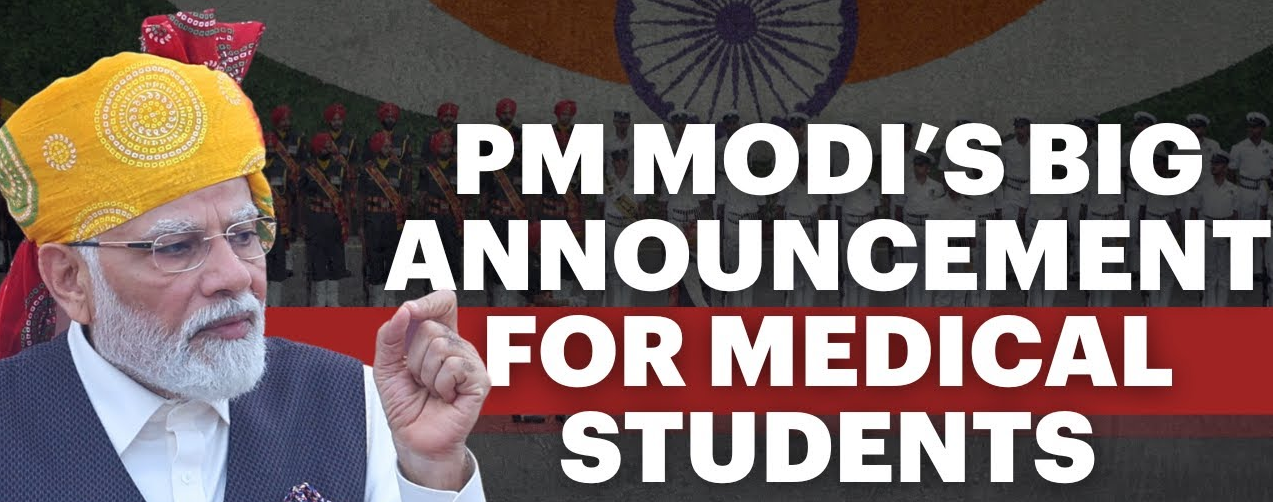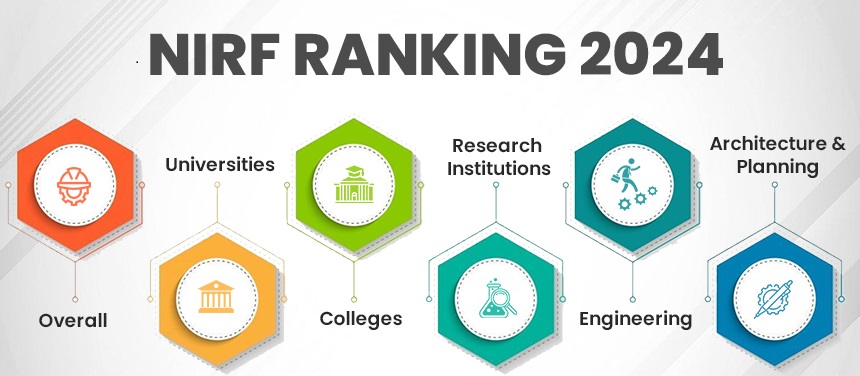WBJEE 2024 Counselling Process
WBJEE 2024 Counselling Process
The West Bengal Joint Entrance Examination (WBJEE) is one of the most significant exams for students aspiring to pursue undergraduate courses in engineering, technology, pharmacy, and architecture in West Bengal. After successfully clearing the WBJEE, the next crucial step is the WBJEE Counselling process. This process plays a vital role in determining the college and course a student will be admitted to. In this article, Bodmas Education, a leading educational consultancy, will guide you through the entire WBJEE 2024 counselling process, helping you understand each step in detail.
Understanding the WBJEE 2024 Counselling Process
The WBJEE 2024 counselling process is a systematic procedure that ensures fair and transparent seat allotment for all eligible candidates. It is conducted by the West Bengal Joint Entrance Examinations Board (WBJEEB) and involves multiple stages, including registration, choice filling, seat allotment, document verification, and final admission. The process is entirely online, and candidates must follow the given instructions carefully to secure a seat in their desired course and college.
Key Stages of the WBJEE 2024 Counselling Process
The WBJEE 2024 counselling process can be broadly divided into the following stages:
- Counselling Registration
- Payment of Counselling Fee
- Choice Filling and Locking
- Seat Allotment
- Document Verification
- Reporting to Allotted College
Let’s delve into each of these stages in detail:
- WBJEE 2024 Counselling Registration
The first step in the counselling process is registration. All candidates who have qualified in the WBJEE 2024 examination must register for the counselling process online through the official WBJEEB website. Registration typically begins shortly after the results are announced.
Steps for Counselling Registration:
- Visit the Official Website: Go to the official WBJEEB website and find the link for WBJEE 2024 counselling registration.
- Enter Details: Log in using your WBJEE 2024 roll number and password. You will need to provide basic information such as your name, date of birth, and contact details.
- Create a Password: Create a password that you will use for all future logins during the counselling process.
- Submit and Confirm: After entering all the required details, submit the form and confirm your registration.
Bodmas Education’s Tip: Ensure that all the details entered during registration are accurate and match the information provided during the WBJEE exam application. Any discrepancies could lead to complications during the later stages of the counselling process.
- Payment of WBJEE 2024 Counselling Fee
Once you have successfully registered for the counselling process, the next step is to pay the counselling fee. The fee is mandatory and must be paid online through net banking, credit/debit card, or other available payment options.
Counselling Fee Details:
- The counselling fee is non-refundable.
- The amount of the fee will be specified on the WBJEEB website.
- Payment confirmation is necessary to proceed to the next step in the counselling process.
Bodmas Education’s Tip: Keep a copy of the payment receipt for your records. This receipt may be required for future reference during the counselling process.
- Choice Filling and Locking
After completing the registration and fee payment, the most critical phase of the counselling process begins: choice filling and locking. This stage determines which course and college you will be allotted based on your preferences and WBJEE rank.
Steps for Choice Filling:
- Access the Choice Filling Portal: Log in to the WBJEE counselling portal using your credentials.
- Select Preferred Courses and Colleges: Browse through the list of available courses and colleges. You can select multiple options and rank them according to your preference.
- Save Your Choices: Regularly save your choices to ensure that your selections are not lost due to technical issues.
- Lock Your Choices: After carefully selecting and ranking your preferences, lock your choices before the deadline. Once locked, you cannot make any changes.
Bodmas Education’s Tip: Research each college and course before making your choices. Consider factors like faculty, infrastructure, placement records, and campus facilities. Bodmas Education can assist you in making informed decisions by providing insights and detailed information about the options available.
- WBJEE 2024 Seat Allotment
The seat allotment process is conducted in multiple rounds, and it is based on the choices filled by the candidates, their WBJEE rank, and the availability of seats in the preferred colleges and courses.
Understanding the Seat Allotment Process:
- Round 1: In the first round, seats are allotted to candidates based on their rank and choices. If you are satisfied with the allotted seat, you can proceed to the next step. If not, you can choose to participate in the subsequent rounds for a better option.
- Round 2 and 3: These rounds follow the same procedure, with candidates who did not get their preferred seat in the earlier rounds being allotted seats based on the remaining availability.
- Mop-Up Round: A mop-up round is conducted if there are still vacant seats after the main rounds of counselling. This round provides a final opportunity for candidates to secure a seat.
Bodmas Education’s Tip: Keep an eye on the seat allotment results after each round. If you are not satisfied with your allotted seat, analyze the remaining options carefully before deciding to participate in the next round.
- Document Verification
After a seat is allotted, candidates must complete the document verification process. This step ensures that all the information provided by the candidate is accurate and that they meet the eligibility criteria for the allotted course and college.
Documents Required for Verification:
- WBJEE 2024 Admit Card
- WBJEE 2024 Rank Card
- 10th and 12th Mark Sheets and Certificates
- Domicile Certificate (if applicable)
- Category Certificate (if applicable)
- Passport-sized Photographs
- Seat Allotment Letter
- Counselling Fee Payment Receipt
Verification Process:
- Visit the designated verification center with the original documents and their photocopies.
- Present the documents to the officials for verification.
- Once verified, the officials will provide you with a document verification certificate.
Bodmas Education’s Tip: Organize your documents well in advance and ensure that you have both the originals and photocopies ready. Any discrepancies or missing documents can lead to delays or disqualification from the counselling process.
- Reporting to the Allotted College
The final step in the WBJEE 2024 counselling process is reporting to the allotted college. This step involves completing the admission formalities at the college where you have been allotted a seat.
Steps for Reporting:
- Visit the Allotted College: Report to the college within the specified deadline with all the necessary documents.
- Pay the Admission Fee: Complete the admission process by paying the college admission fee.
- Confirm Admission: Once all formalities are completed, the college will confirm your admission, and you can begin your academic journey.
Bodmas Education’s Tip: Be mindful of the deadlines for reporting to the allotted college. Failing to report on time can result in the cancellation of your seat.
Common Challenges in WBJEE 2024 Counselling and How Bodmas Education Can Help
The WBJEE counselling process can be overwhelming, especially for students and parents navigating it for the first time. Here are some common challenges faced by candidates and how Bodmas Education can assist:
- Understanding the Process
- Challenge: The WBJEE counselling process involves multiple stages, each with its own set of rules and deadlines. Understanding the process and ensuring that all steps are completed correctly can be confusing.
- Solution:Bodmas Education offers comprehensive guidance on every step of the counselling process. Our experts will walk you through each stage, ensuring that you understand what needs to be done and when.
- Making Informed Choices
- Challenge: With so many colleges and courses to choose from, making the right decision can be daunting. Students often struggle to balance their preferences with practical considerations like cutoffs, seat availability, and career prospects.
- Solution:Bodmas Education provides personalized counselling to help you make informed choices. We offer insights into the strengths and weaknesses of various colleges and courses, helping you align your preferences with your career goals.
- Meeting Deadlines
- Challenge: The counselling process involves multiple deadlines, and missing even one can have serious consequences, including the loss of a seat.
- Solution:Bodmas Education keeps you informed about all upcoming deadlines and provides timely reminders to ensure that you never miss an important date.
- Document Verification
- Challenge: The document verification stage can be stressful, especially if there are discrepancies or missing documents.
- Solution:Bodmas Education helps you prepare all the required documents in advance and assists with resolving any issues that may arise during verification.
- Post-Allotment Support
- Challenge: After seat allotment, many students are unsure about the next steps, including reporting to the college and completing the admission process.
- Solution:Bodmas Education continues to support you even after seat allotment. We guide you through the final stages of admission, ensuring that you complete all formalities on time.
The WBJEE 2024 counselling process is a crucial phase in your journey toward a successful academic and professional career. By following the steps outlined in this guide and seeking expert assistance from Bodmas Education, you can navigate the process with confidence and secure admission to the college and course of your dreams.
At Bodmas Education, we are committed to helping you achieve your educational goals. Our team of experienced counsellors is here to provide you with the guidance and support you need to make the best decisions for your future. Whether it’s understanding the counselling process, making informed choices, or ensuring that all formalities are completed on time, Bodmas Education is your trusted partner every step of the way.





























